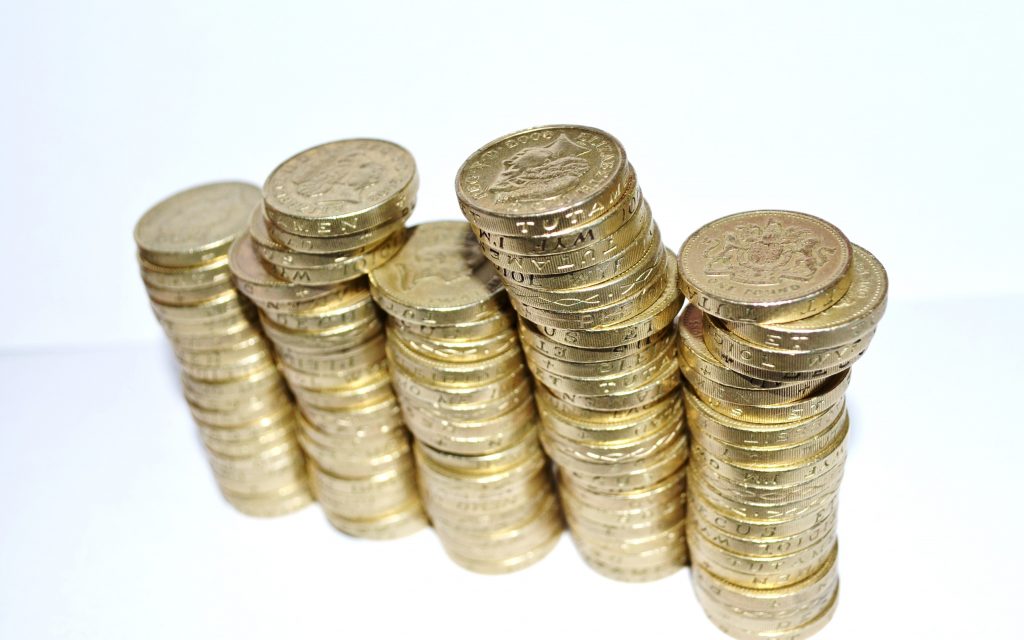 Economy
Economy 
Earlier today I contributed to BBC Wales’s Good Morning Wales and then Morning Call about the latest Sunday Times ‘Rich List’. As ever, there was a lively debate with a number of contributors suggesting that those on the list had worked hard for their wealth and created jobs that underpinned the economy, while others argued for a 99p in the pound tax and a cap on personal wealth of £10 million.
As always, radio – still less a phone-in – is not a good place to explore the issues in any depth, so here goes.
The Rich List reveals an extraordinary concentration of wealth into a few hands. The richest 1,000 people out of 63.230 million own a third of the UK’s wealth, leaving the other 63.229 million to squabble over the rest. This is inequality on an breath-taking scale – it’s equivalent to two jumbo-jets full of people owning a year’s output from all of Wales’s, Scotland’s and Northern Ireland’s economies along with the North-East and North West of England and Yorkshire and Humberside to boot.
It cannot be healthy for any economy to have so much in the hands of so few. And if you ever wonder why the so-called periphery of Britain barely gets a look in to the circles of power, here is at least part of the explanation.
On top of this, the richest people have seen their wealth has grown extremely rapidly at a time when the vast majority of the population are struggling. The compiler of the Rich List, Philip Beresford, commented:
“The richest people in Britain have had an astonishing year”
Frankly, this is an understatement. In just one year, the combined wealth of the richest 1,000 people has grown by 15.4%. Compare that with 2.1% increase in annual median earnings achieved over 2013, and the 1% increase imposed on social security benefits for people of working age. The super-rich very clearly aren’t even in the same economic world as the rest of us.
Aha, some of the commentators on the phone in said, the rich have earned it. They get up at 4 a.m. and work their socks off until 11 p.m. one caller said, so they deserve it.
I am not at all opposed to hard work, skills and abilities being rewarded. But this scale of wealth is far beyond reasonable incentives and recompense. Let’s take Jamie and Jools Oliver as a random example. According to reports, their combined wealth has gone up to £240 million (excluding whatever sits in their bank accounts) making them the 396th wealthiest people in Britain. Jamie Oliver undoubtedly has considerable talent not only as a chef but as a TV presenter and entrepreneur with his restaurant chain and string of cook-books. So yes, he creates jobs and, with his charitable ventures, gives something back too.
But are we to believe that his wealth – and that of the others on the rich list – is entirely and solely down to him?
- Nothing to do with the kitchen assistants who prepped the veg?
- Nothing to do with the researchers on his TV programmes?
- Nothing to do with restaurant managers or waiting staff running his chain?
The truth is that Jamie – and all the others on the Rich List, would not be where he is today without a vast army of people who support him. Yet while Jamie, and others like him, have seen their wealth grow at an unbelievable rate, I am pretty sure that the staff in his restaurants, his publicity people, his proof-readers and the rest have not. I don’t know what staff in Jamie restaurants earn, but the restaurant industry is one of the lowest paying there is. I wouldn’t be at all surprised if a fair number of Jamie’s staff supplement their earnings with Housing Benefit or Working Tax Credit.
The point is not to have a go at Jamie, Jools or anyone else on the Rich List. They have worked and still do work hard. They have skills and entrepreneurial talent in spades. They do create jobs and help the economy. They haven’t (I am presuming) literally stolen their wealth from the hands of the homeless. It is the system of rewards which is so deeply flawed, whether it is the lack of real competition in many sectors, the pitiful pay of employees, and the tax system that means that the low and mid-range earners sometimes have a higher marginal tax rate than some of the best off.
During the lulls in the phone-in, I thought about how inured we’ve become to massive wealth.
I wondered what if the tables were turned? What if, instead of soar-away squillions of the rich, the people of Wales were ringing-in about the welcome boom in the incomes of the poorest? Indeed, what if the compiler of Rich List said:
“The poorest people in Britain have had an astonishing year”
Unimaginable.
Victoria Winckler is Director of the Bevan Foundation.
Let us know what you think. If you would like to support our work and help us make Wales a fairer place then join us today!



